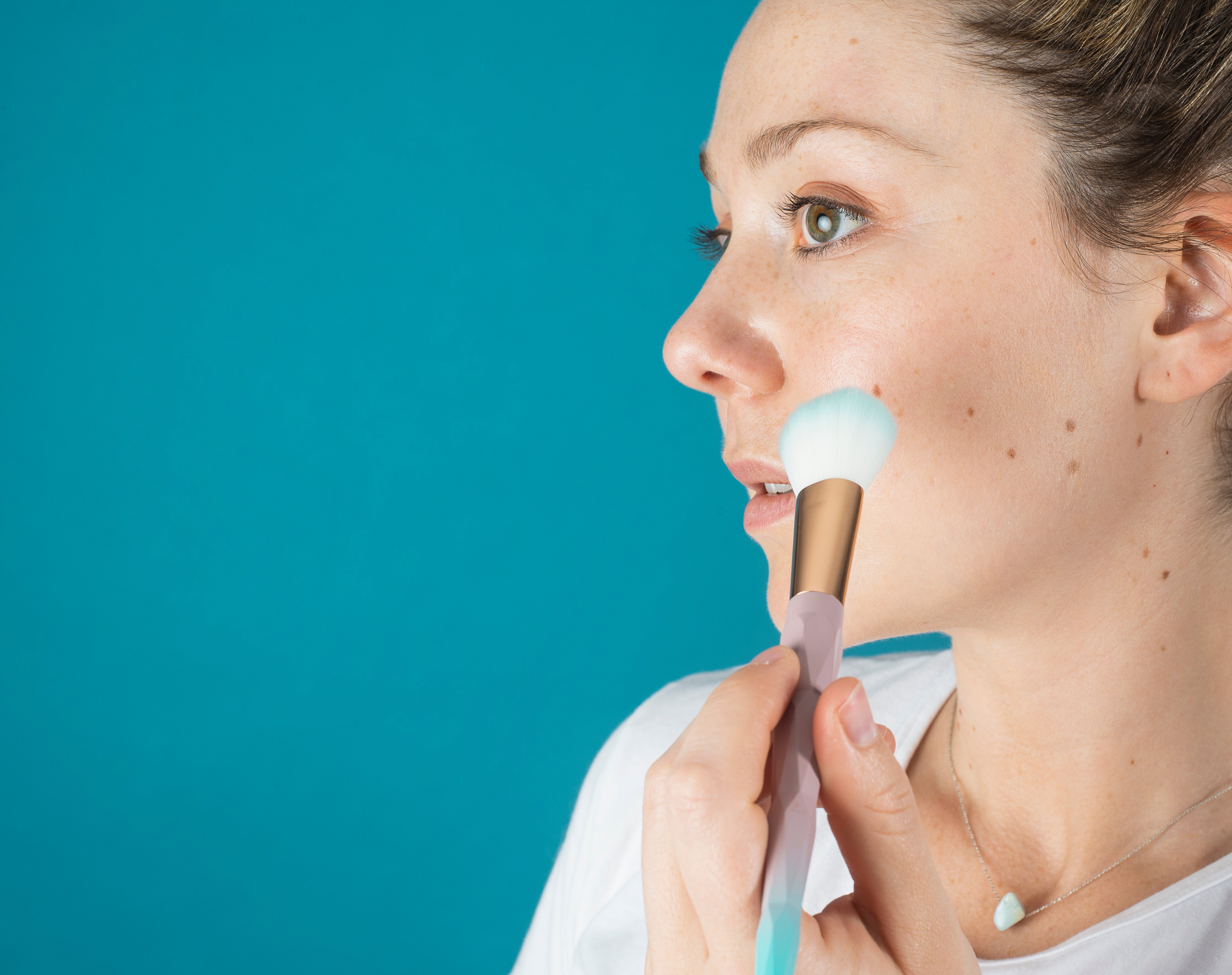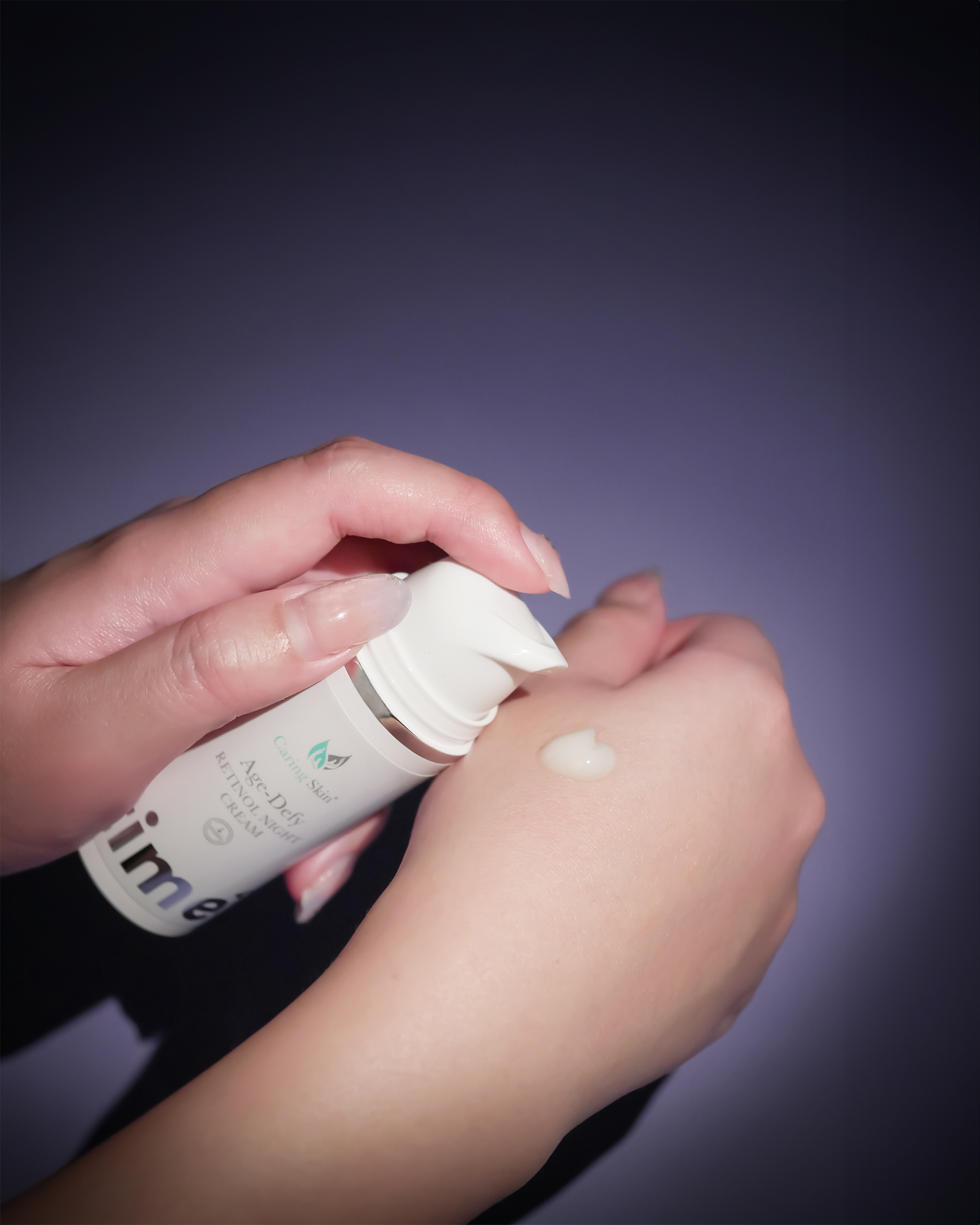Acne is a common skin issue that affects people of all ages and skin types.
While mild acne breakouts can be a temporary nuisance, more severe acne can impact your self-esteem and lead to long-lasting scars.
The main culprit behind acne is the clogging of hair follicles with excess oil and dead skin cells, providing an ideal environment for acne-causing bacteria to thrive.
However, with the right strategies and a little patience, achieving acne-free skin is possible. Here are five tips to help you combat acne and maintain skin health.
1. Maintain a Consistent Skincare Routine
The first step towards acne-free skin is establishing and maintaining a consistent skincare routine. Choose products based on your skin type - whether that's oily skin, sensitive skin, acne-prone skin, or combination skin.
Cleanse
Use a gentle cleanser to remove dirt, makeup, and excess oil that could clog pores. Cleansing should ideally be done twice a day, morning and night, and always after heavy sweating.
Exfoliate
Exfoliating helps remove dead skin cells that can block pores and lead to acne. However, too much exfoliation can worsen acne, so limit this to once or twice a week, especially if you have sensitive or acne-prone skin.
Moisturize
Even if you have oily skin, moisturizing is an essential step. Skipping this can trigger your skin to produce more oil, potentially exacerbating acne. Look for a non-comedogenic moisturizer, which won't clog pores.
Sun Protection
Exposure to the sun can lead to skin cancer and may also worsen acne and acne scars. Always wear sunscreen when heading out, even on cloudy days.
2. Use Acne Treatments Wisely
Topical treatments containing salicylic acid, benzoyl peroxide, or sulfur can help combat acne by killing acne-causing bacteria, reducing inflammation, and unclogging pores.
For severe acne, you might require a prescription medication from a dermatologist. Remember, acne treatments don't work overnight and may take several weeks to show significant results.
Caring Skin offers a variety of acne treatment options for a whole host of skin types (and acne types).
3. Watch Your Diet
What you consume significantly impacts the health of your skin.
A well-balanced diet can enhance your skin's texture and appearance and possibly help prevent acne breakouts. Here's how to optimize your diet for clearer skin:
Incorporate Antioxidant-Rich Foods Fruits and vegetables, particularly those rich in antioxidants like vitamins A, C, and E, are essential for healthy skin. They help fight inflammation and free radical damage, which can contribute to acne development. Consider adding colourful fruits and veggies like berries, spinach, kale, oranges, and bell peppers to your diet.
Consume Enough Omega-3 Fatty Acids Omega-3 fatty acids, found in fatty fish (like salmon, mackerel, and sardines), walnuts, flaxseeds, and chia seeds, are known to reduce inflammation, which can help manage acne.
Stay Hydrated Proper hydration is important for maintaining overall health, including your skin. Water helps flush toxins out of your body, preventing them from building up and causing skin issues like acne.
Limit High-Glycemic Foods Some research suggests that foods with a high glycemic index (GI), such as white bread, pasta, pastries, and sugary drinks, might worsen acne. These foods cause a rapid spike in your blood sugar, which can increase inflammation and stimulate oil production, potentially triggering acne.
Moderate Dairy Consumption Some studies have found a potential link between dairy intake and acne, although the evidence is not conclusive. If you notice that your acne seems to flare up after consuming dairy products, you might want to consider reducing your intake to see if it makes a difference.
Avoid Processed Foods Processed foods often contain unhealthy trans fats and high levels of sugars, both of which can increase inflammation in the body, potentially worsening acne.
Remember, every individual's body is different, and what may affect one person may not affect another.
Keeping a food diary can help you identify any foods that seem to trigger acne breakouts for you. The key is to listen to your body and make dietary adjustments accordingly. It's also beneficial to consult with a dietitian or a healthcare professional for personalised dietary advice.
4. Mind Your Hair
Oily hair can contribute to acne, especially around the hairline and forehead. Shampoo regularly and keep your hair off your face as much as possible.
Also, be cautious with hair products as some may contain ingredients that can clog pores and trigger acne.
5. Don't Touch Your Face
Your hands carry a lot of bacteria, and constantly touching your face can spread these, leading to clogged pores and acne breakouts. Avoid picking or popping pimples, as this not only risks spreading bacteria but can also lead to scarring.
In conclusion, while everyone's skin is different, these tips can go a long way in helping prevent acne and maintain a healthy complexion. It's all about consistency, understanding your skin, and making adjustments as needed. Always consult with a dermatologist for personalised advice and treatment options, especially for persistent or severe acne.








